In an ever-turbulent world, the classic British stiff upper lip is being tested like never before. Are we really becoming more anxious, or are we just more aware of it now?
1. Brexit Uncertainty

Years on from the referendum, unresolved Brexit issues continue to create economic and social instability. This ongoing uncertainty stokes widespread anxiety.
2. NHS Strains
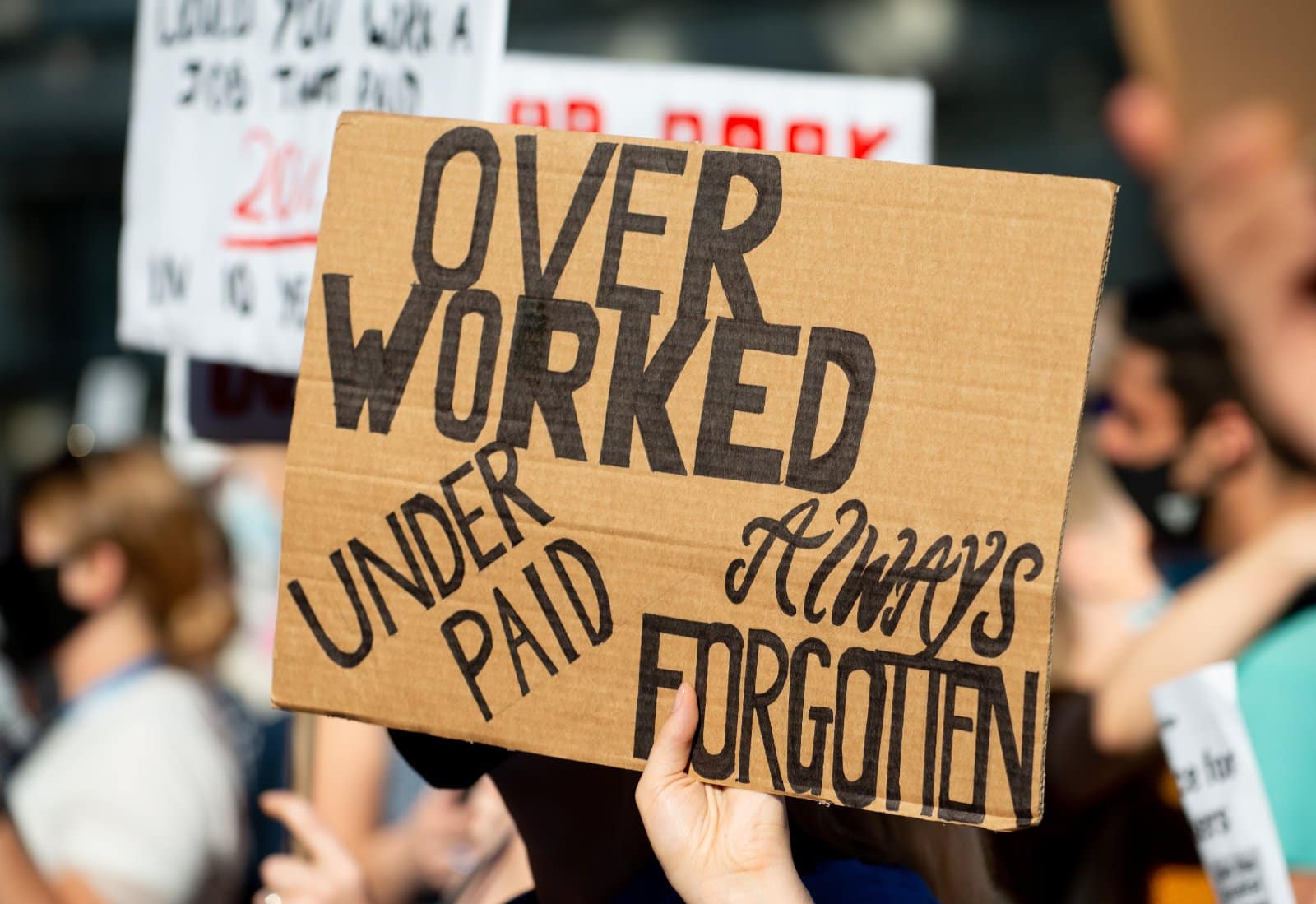
Long waiting times and chronic underfunding in the NHS directly impact the nation’s mental well-being. These pressures increase stress and anxiety among the public.
3. Cost of Living Crisis

Inflation and skyrocketing energy bills are squeezing households financially. This economic strain makes daily life a source of constant worry for many.
4. Housing Market Woes
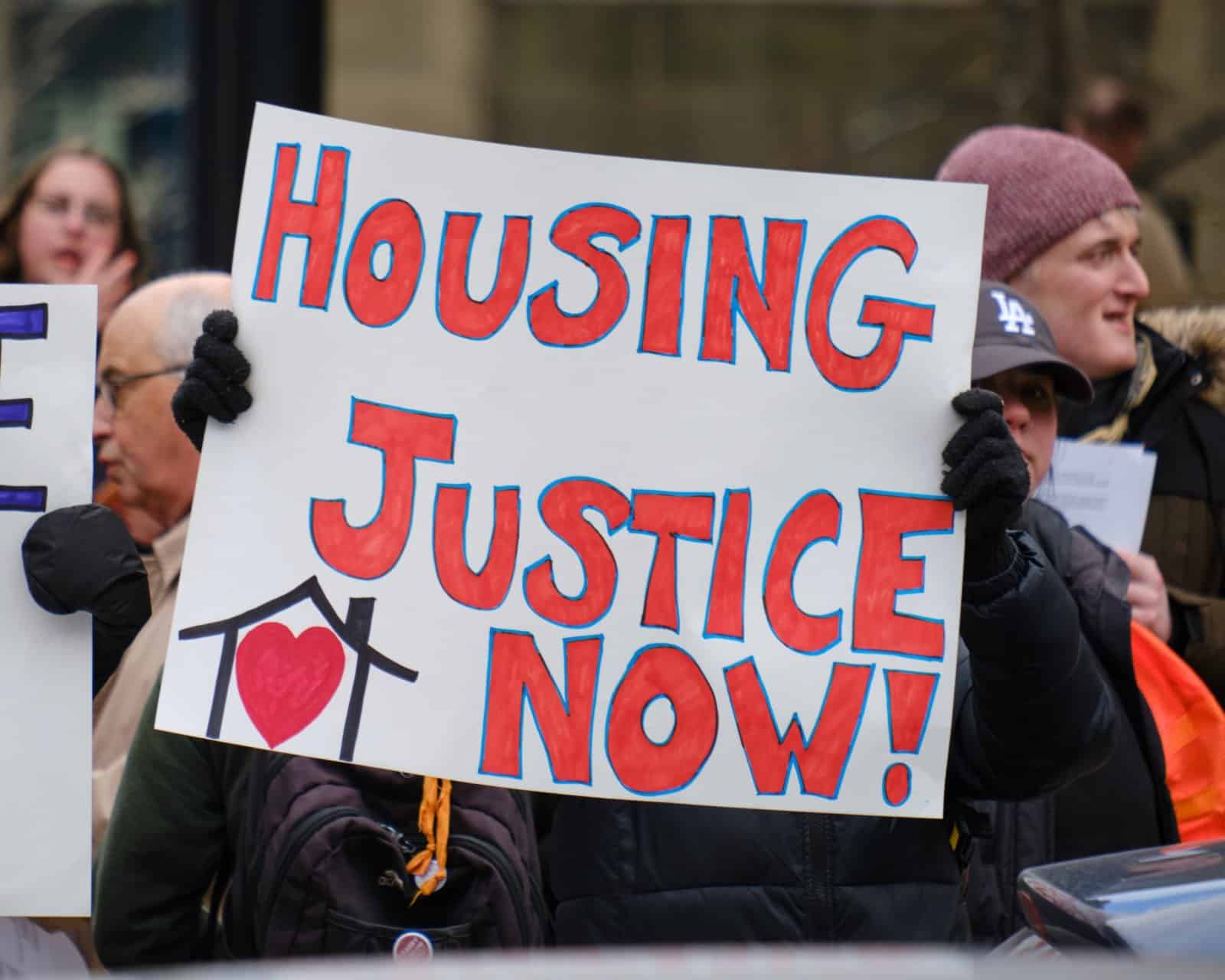
As home prices soar, the prospect of homeownership is becoming increasingly unattainable for young Brits, particularly in urban areas. This shift contributes to a growing sense of financial despair.
5. Job Security

The rise of precarious employment, such as zero-hour contracts, leaves many without reliable incomes. This uncertainty fuels financial anxieties.
6. Political Polarisation
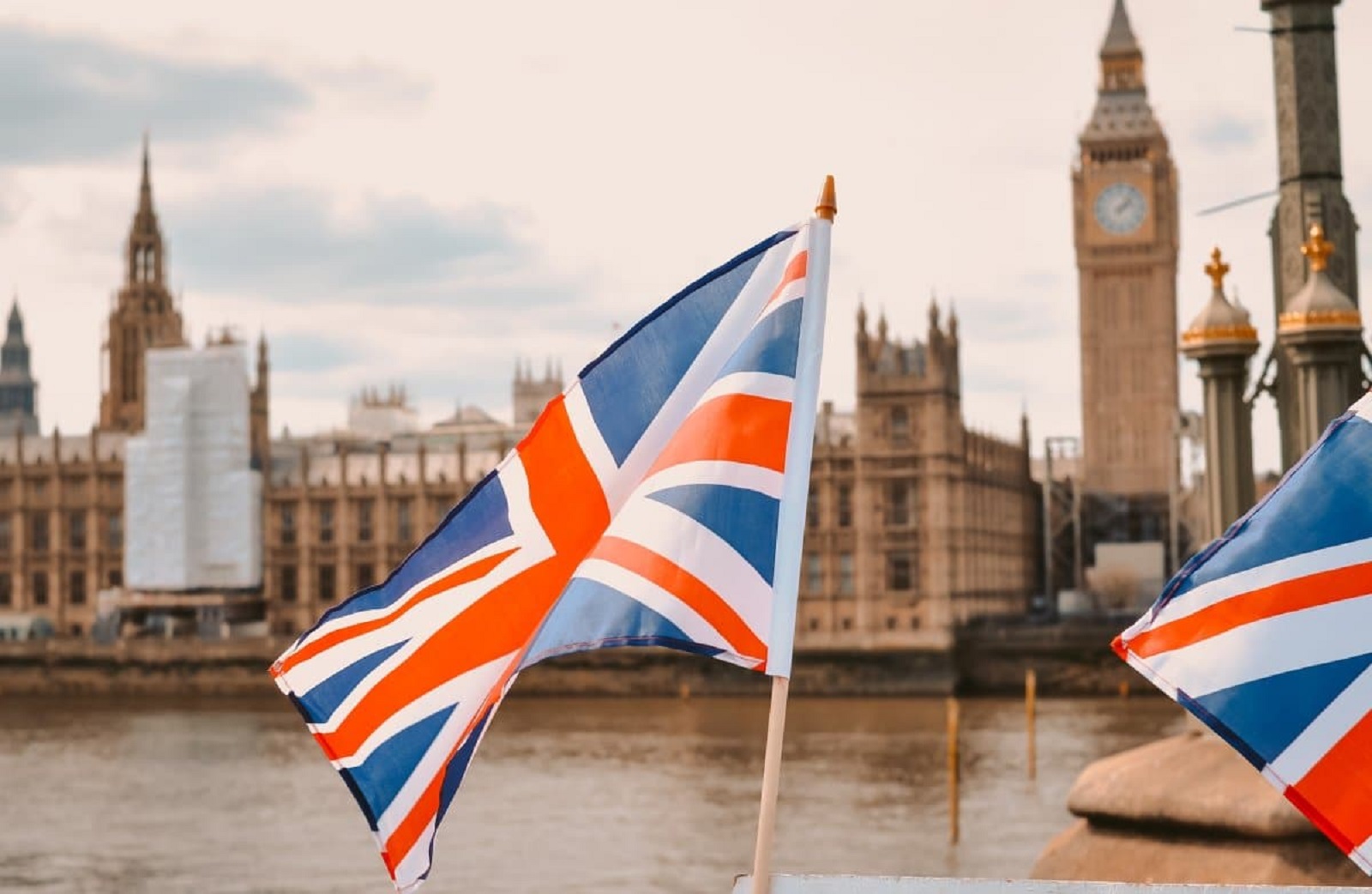
Heightened political divisions, both locally and nationally, contribute to a sense of unease and discord within communities. This polarisation fosters a tense social environment.
7. Social Media Anxiety

Constant exposure to curated lives on social media sets unrealistic expectations. This exposure exacerbates feelings of inadequacy and stress.
8. Climate Change Fears

Visible effects of climate change, such as erratic weather and flooding, directly contribute to increasing environmental anxieties. These changes provoke concerns about future sustainability.
9. Education Pressure

The intense competition for spots in top universities puts students under severe pressure. This academic strain heightens stress levels among students and parents alike.
10. Public Transport Chaos
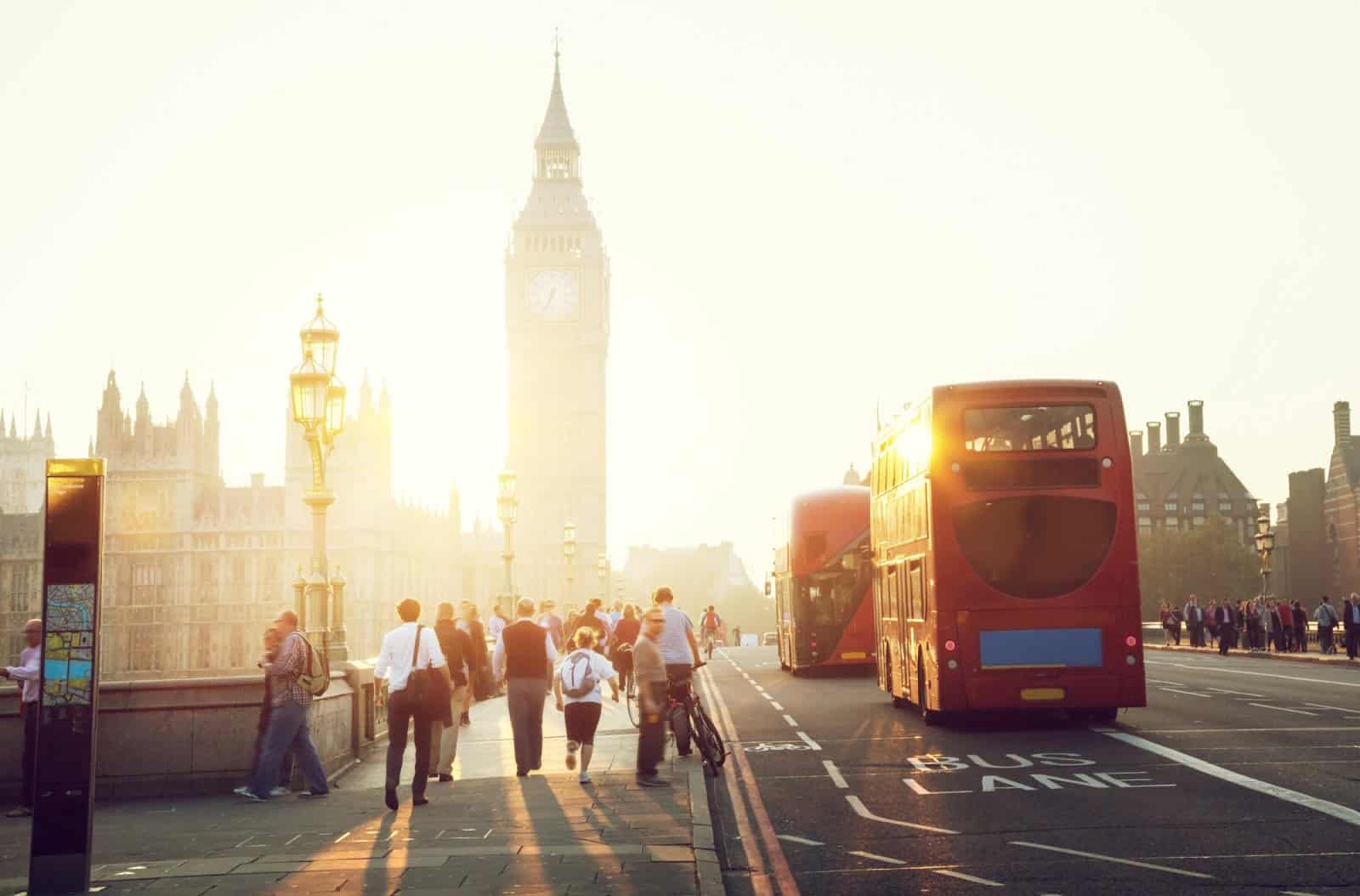
Frequent rail strikes and unreliable public transport services disrupt daily commutes. This regular disruption adds unnecessary stress to everyday life.
11. Increase in Crime Rates

Growing concerns about urban crime, particularly knife crime, amplify feelings of insecurity and anxiety among city dwellers. This trend affects perceptions of personal safety.
12. Media Pessimism

The media’s focus on catastrophic and violent events can distort perceptions of safety. This focus leads to heightened fears and anxiety.
13. Social Isolation

Ironically, in an era of digital connectivity, loneliness and isolation are on the rise. This disconnect significantly affects mental health.
14. Environmental Degradation

Witnessing the degradation of local green spaces and the broader environment adds a layer of eco-anxiety. Concerns about these changes compound daily worries.
15. Surveillance Society
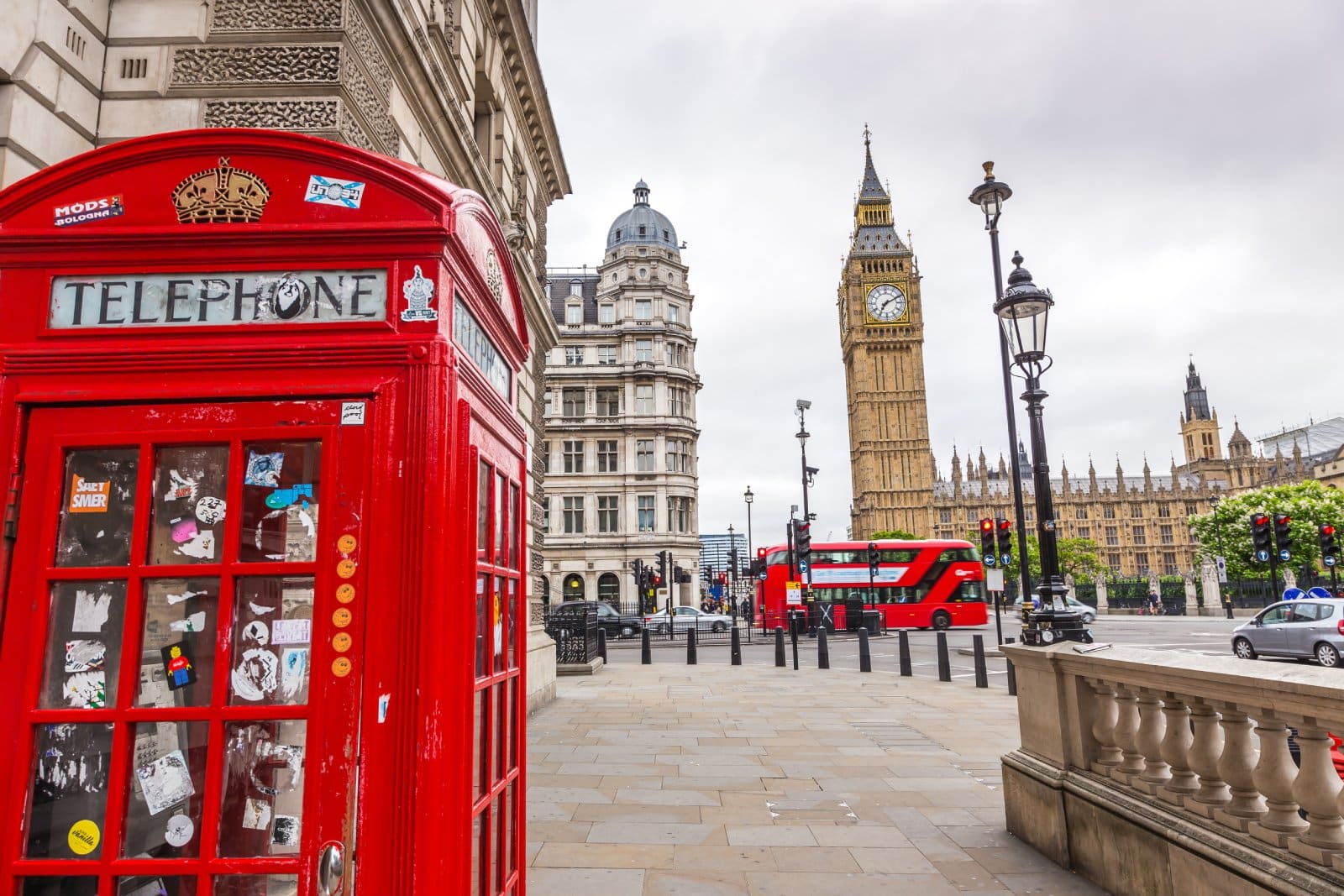
The increase in surveillance and data collection raises concerns about privacy and autonomy. These concerns contribute to societal mistrust and anxiety.
16. Immigration Tensions
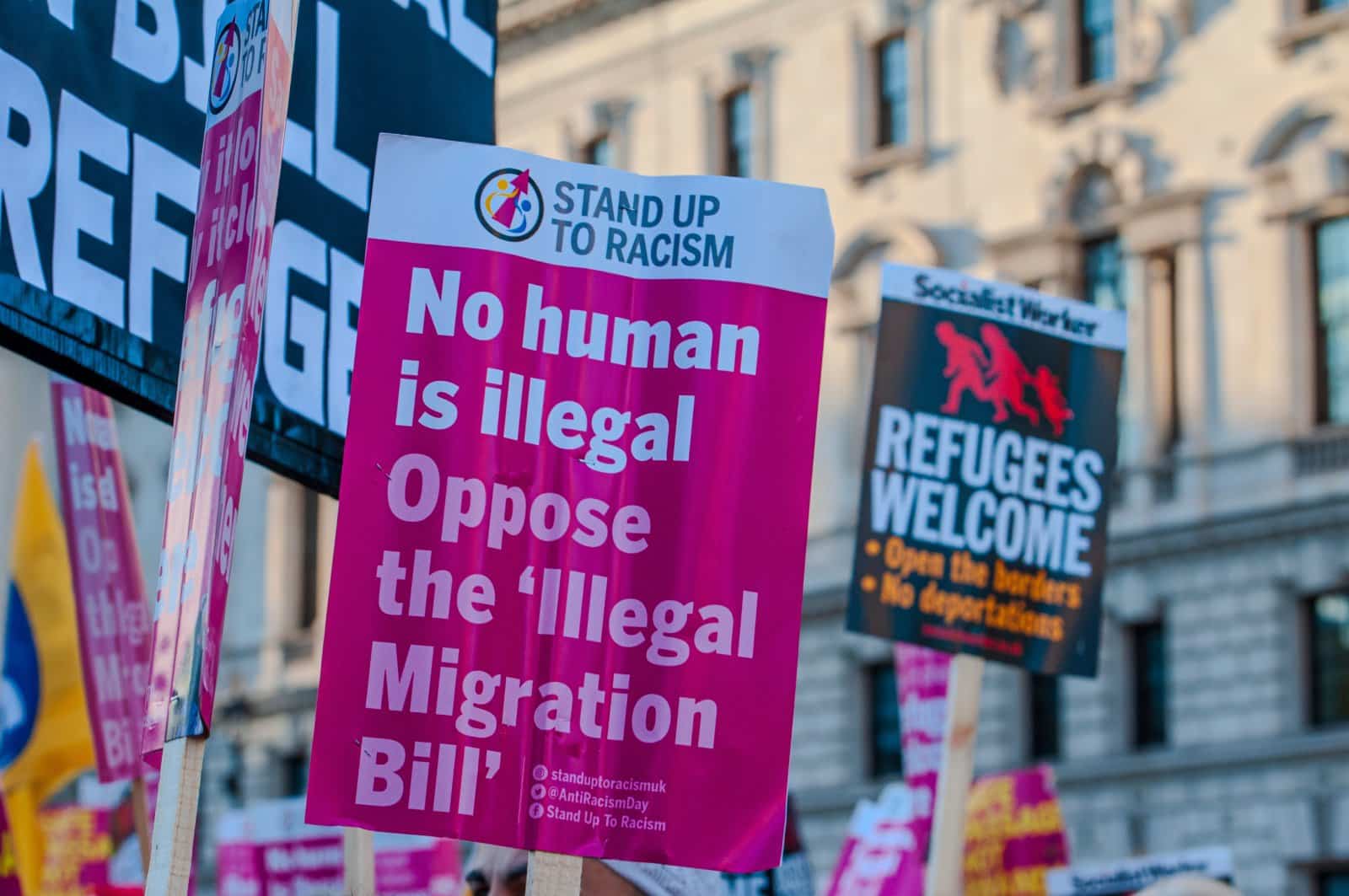
Ongoing debates and policies surrounding immigration often create divisive and anxiety-inducing rhetoric. This tension affects community cohesion and personal security feelings.
17. Ageing Population
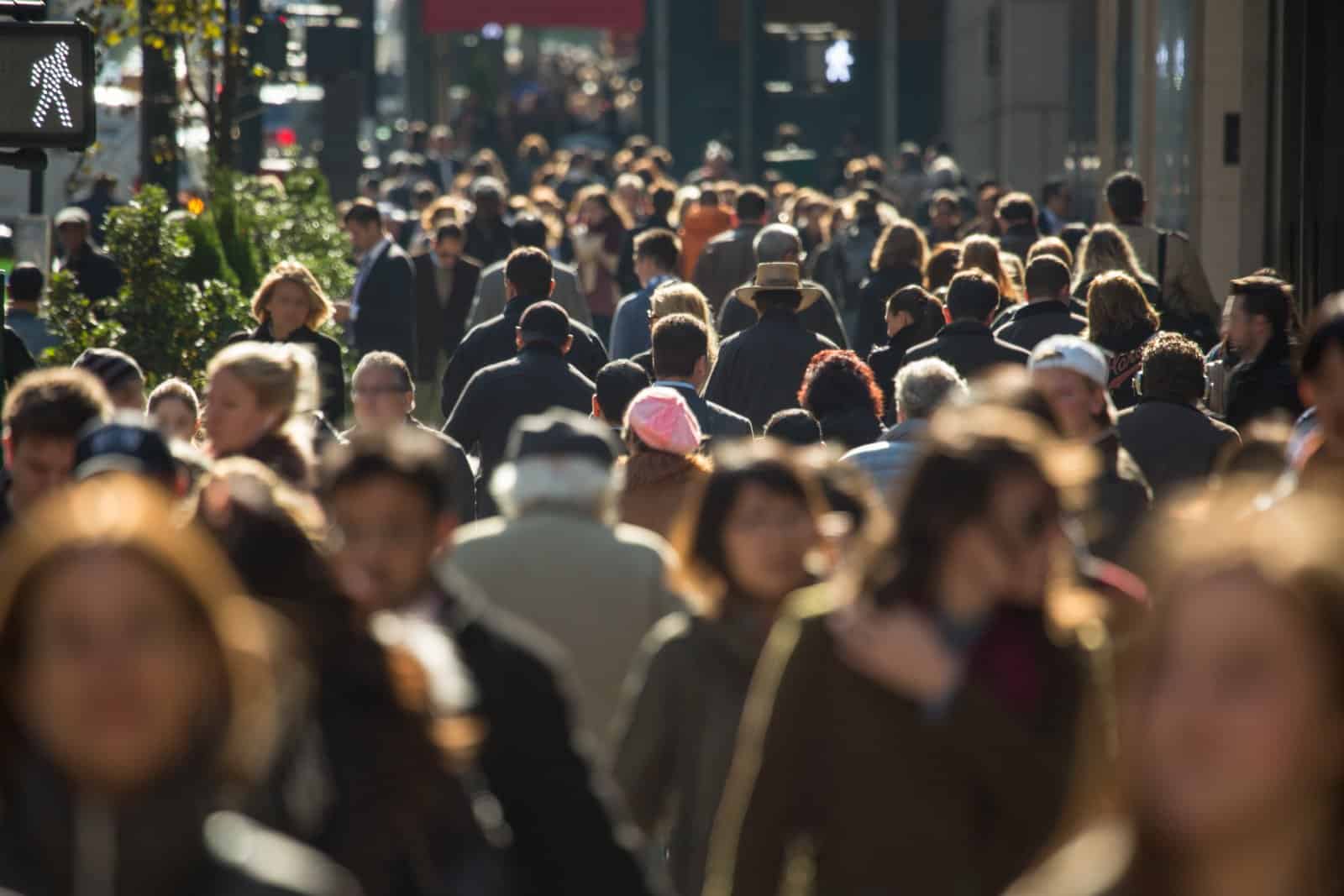
Worries about the social and economic implications of an ageing population strain personal and public resources. These concerns increase societal anxiety.
18. Terrorism Threat

The persistent threat of terrorism, although statistically low, instills a disproportionate level of fear and anxiety in the population. This persistent fear affects daily life.
19. Academic Stress

The pressure to perform academically from an early age instills anxiety in children, which often carries into adult life. This early onset of stress has long-lasting effects.
20. Cybersecurity Concerns
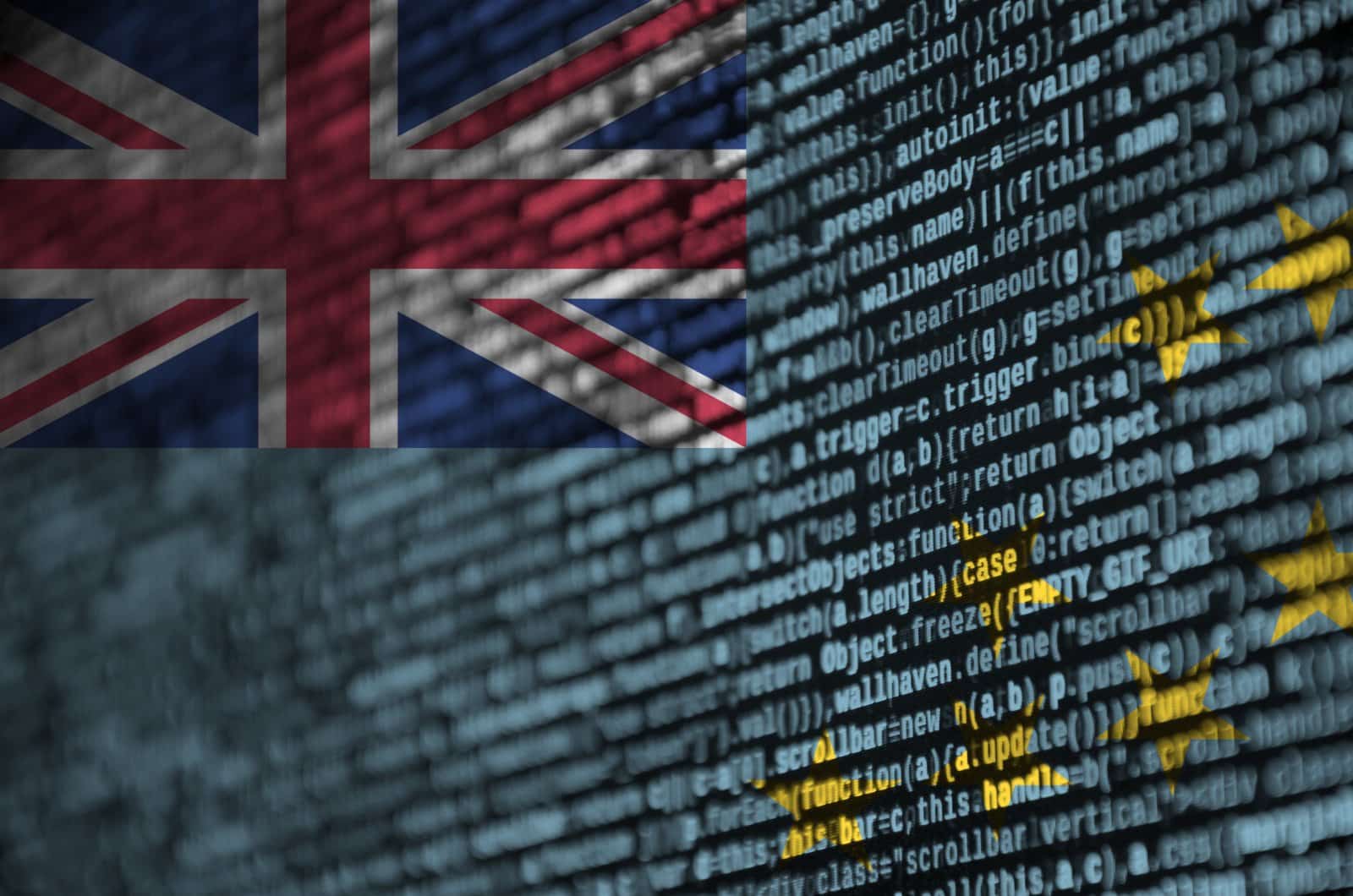
Frequent news of data breaches and cyber threats heighten personal and national security fears. These concerns impact overall anxiety levels.
What Now?

With these myriad pressures, it’s clear why anxiety is on the rise among Brits. As we continue to face these challenges, finding effective coping strategies becomes more crucial than ever.
The post Why Are Brits Feeling More Anxious? Here Are 20 Reasons first appeared on LoveLists.
Featured Image Credit: Pexels / Karolina Grabowska.
For transparency, this content was partly developed with AI assistance and carefully curated by an experienced editor to be informative and ensure accuracy.

